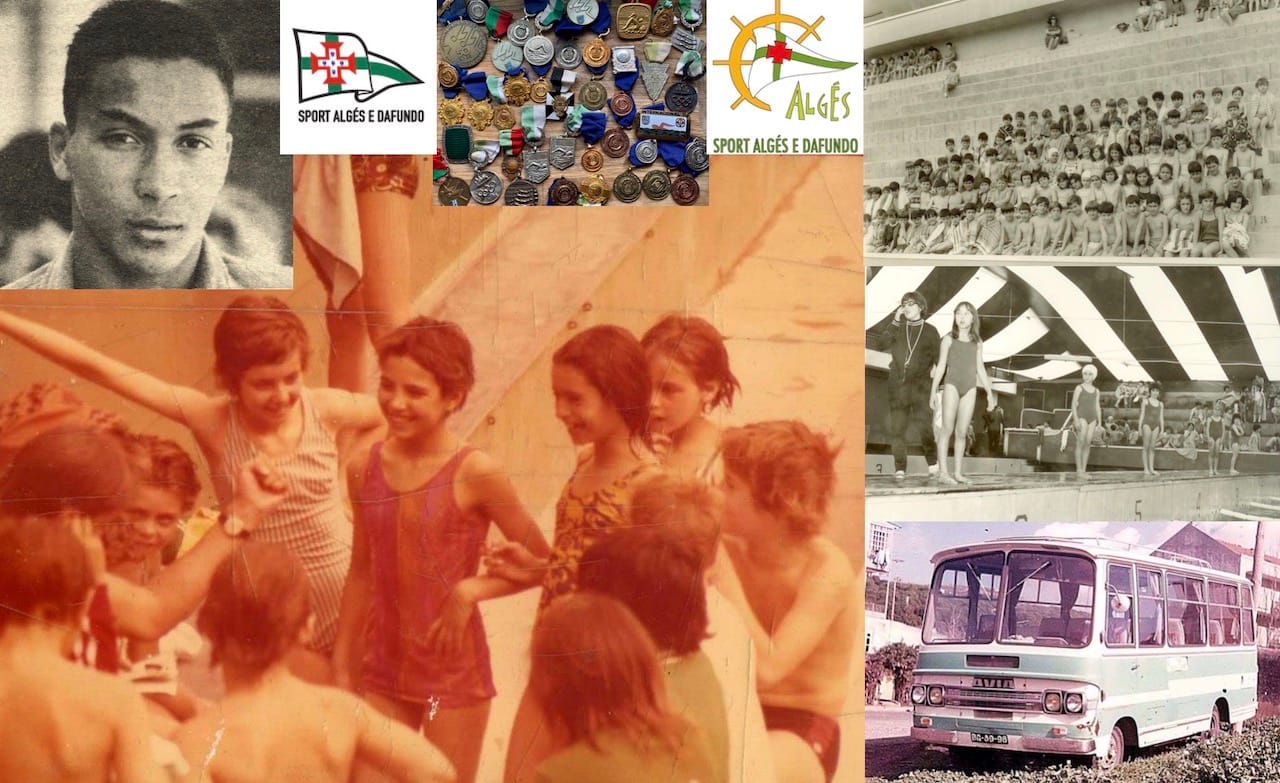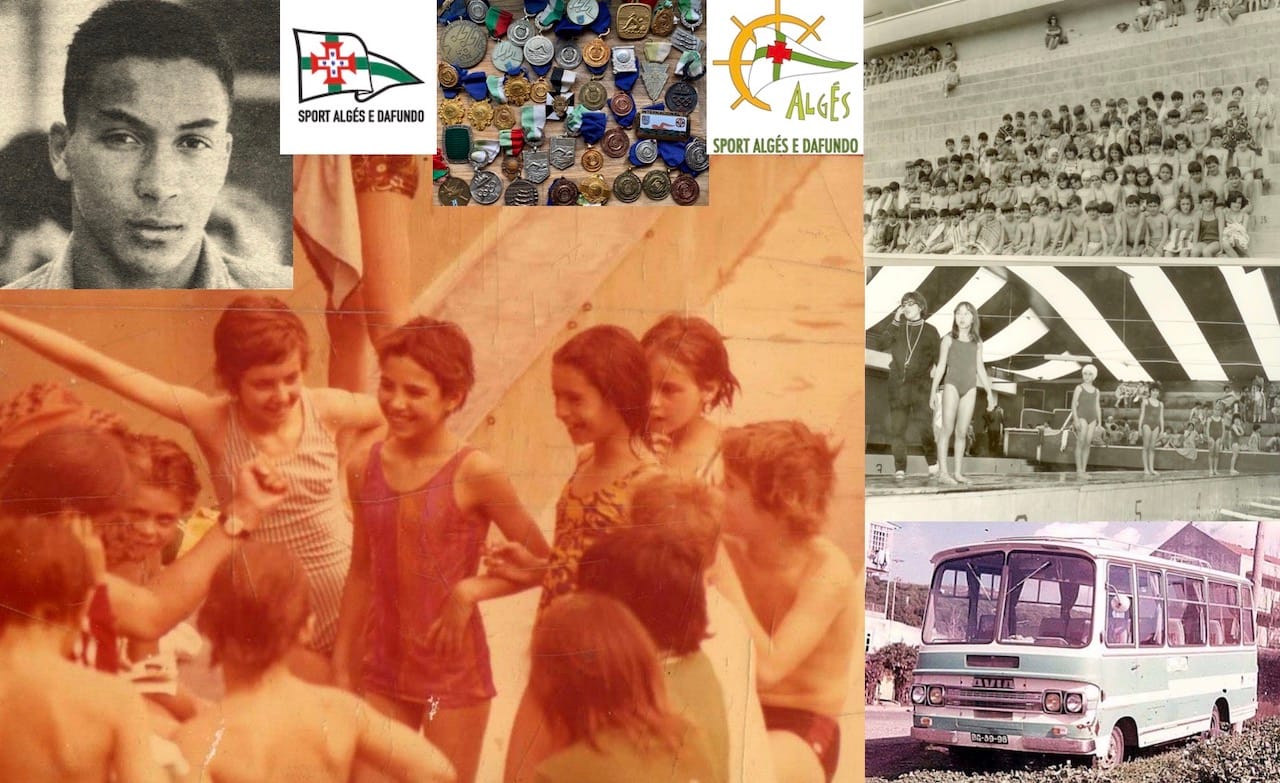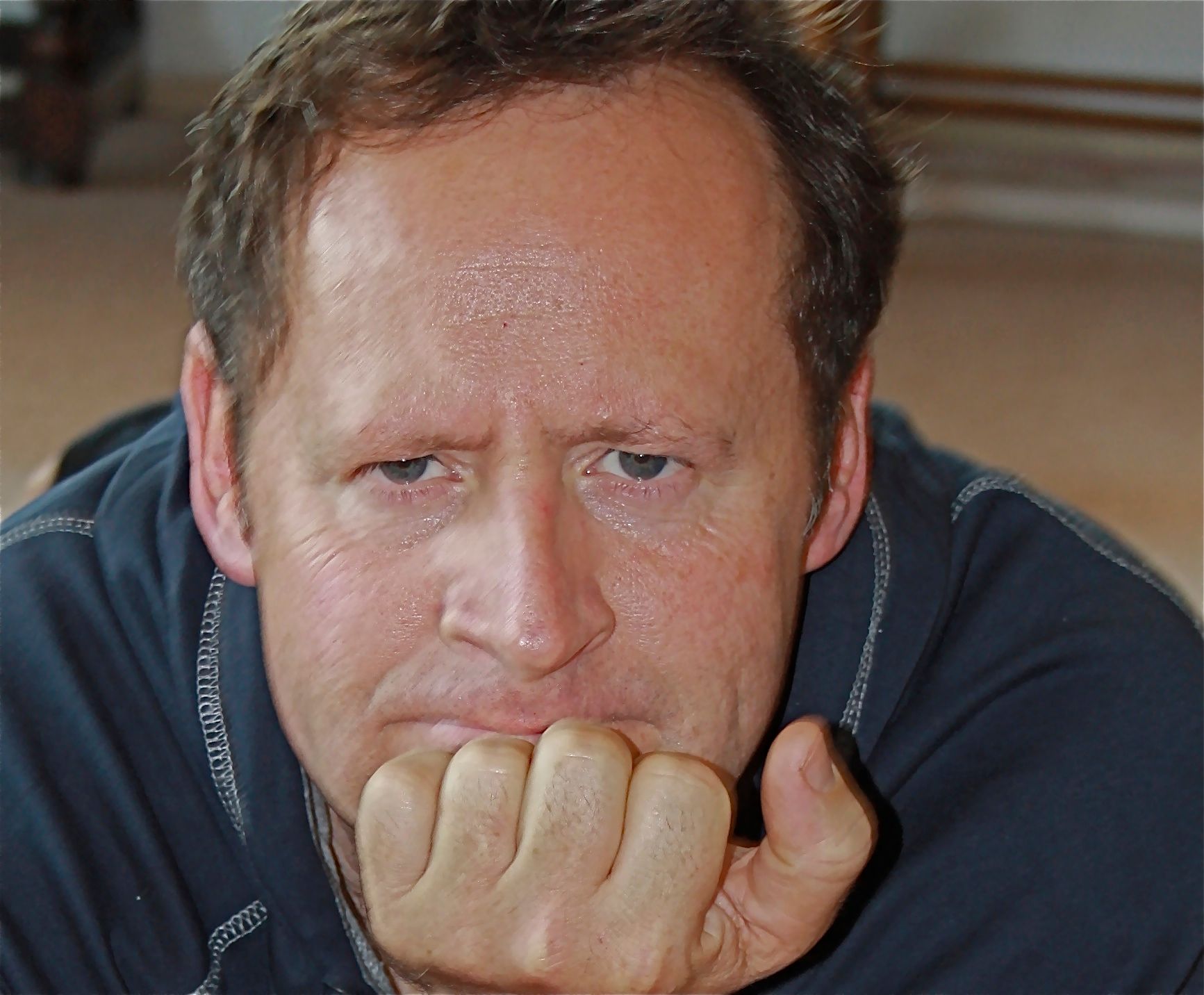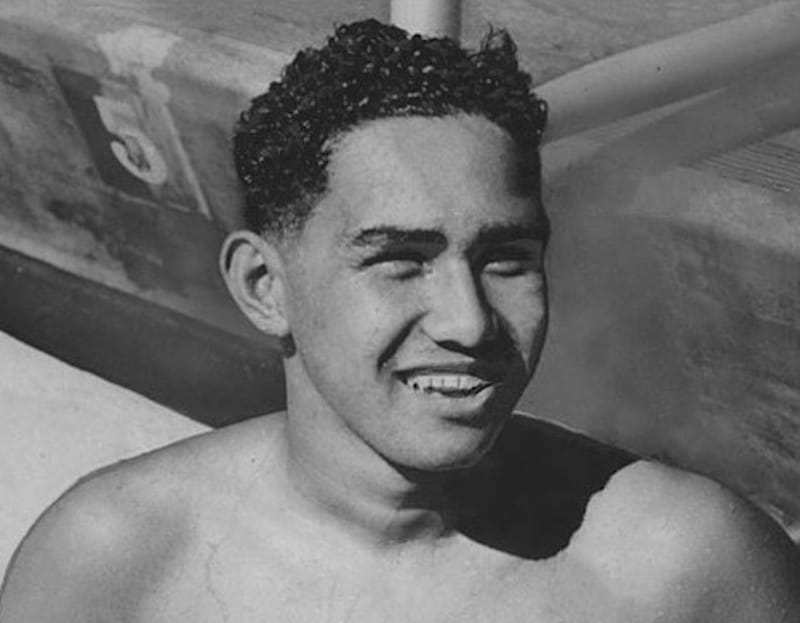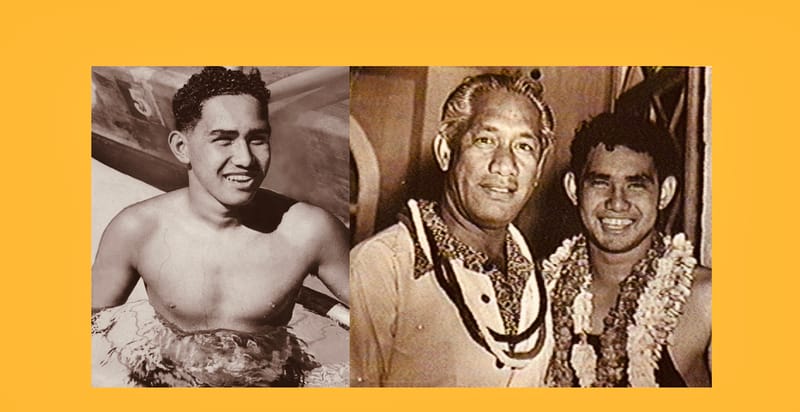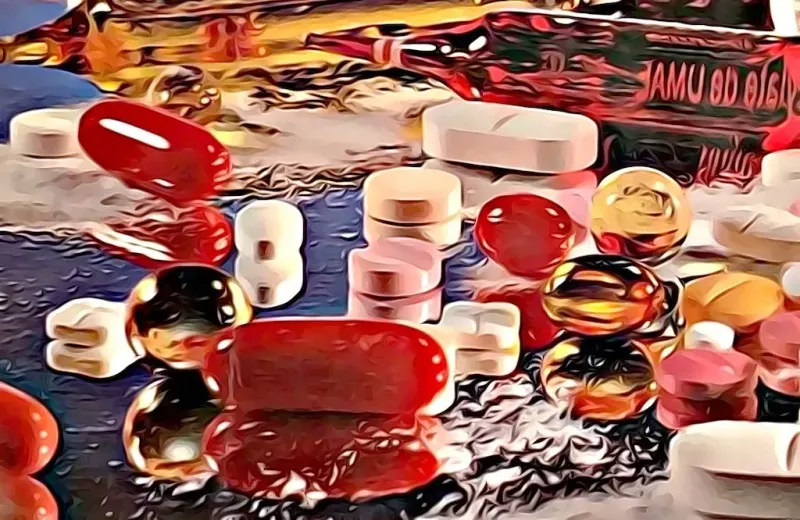Algés e Dafundo, A School Of Swimming Spirit & Language
From The SOS Archive: to mark April 25 on the 51st anniversary of Portugal's Carnation Revolution/ liberation from fascism, I recall a childhood haunt of mine, Algés E Dafundo, on the edge of Lisbon. The song of swimming is a composition of many languages in a rich stream of understanding
Deep below the main pool at Algés e Dafundo on the outskirts of Lisbon in Portugal, there was a teaching tank, dimly lit, water warm, the steady drone of the subterranean plant at the heart of the venue soporific to some, merely the hum of a crowd to me. There did I swim my greatest races, cheered on to soaring triumphs over Mark Spitz, Brad Cooper, Mike Burton, Gunnar Larsson and others who could only dream of being so fast at 10.
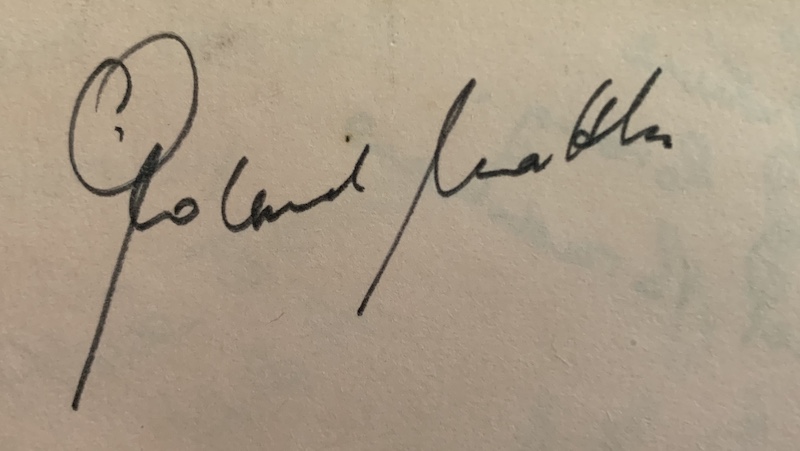
I even matched Roland Matthes once. I could never quite bring myself to actually beat him, such his stature, such my respect and admiration for him. I was 8 at the time we met and at the top of my birthday wishlist was a Porylastic suit, yellow, just like Matthes had worn in warm-up at Crystal Palace in London before spinning me in the air and signing my autograph book.
Santa had a great year. And so did I.
Around the same time, I was told we would be leaving England and going to live in a place called Portugal. By then, though I didn’t realise it at the time, what had been true for Roald Dahl’s Matilda, minus the telekinesis, was working for me. Dahl wrote:
“The books transported her into new worlds and introduced her to amazing people who lived exciting lives. She went on olden-day sailing ships with Joseph Conrad. She went to Africa with Ernest Hemingway and to India with Rudyard Kipling. She travelled all over the world while sitting in her little room in an English village.”
By the time I arrived with my family to live in Lisbon, I’d sailed the Seven Seas through the swimming books and magazines that lined the walls and floors and desk of my father’s office, garage and other places apparently less acceptable to my mother.
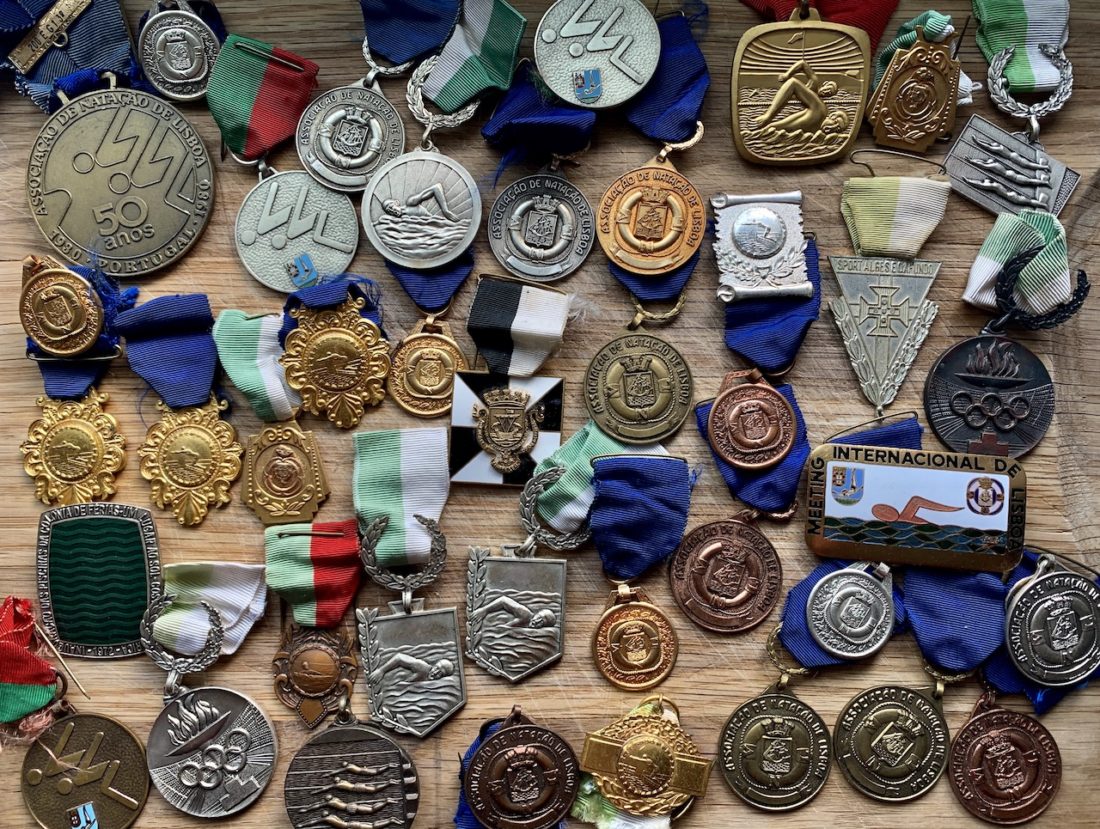
I’d won my first medals in swimming at 6 in the Medway (Kent, England) under 8s championship, a gold in the 100yds backstroke among them. With all that travelling on a sea of swimming words, by the time I had to line up at meets in a place where they spoke another tongue, the language of swimming was what counted most those first six months on the way to a childhood fluency in Portuguese: I knew where to get the entry card I had to take to my blocks with me, knew where to wait, to keep an eye on the board and clock, when to get ready, what sounds to listen for and what not to do, like jump in before the previous heat had left the water.
Like others, of course, I made mistakes and the sting in eye and lump in throat was rarely related to the result but the result of not doing the best you could have done, not speaking the language of swimming well enough to follow the rules and follow the basic signage of the sport. I learned, too, that officials are not always right; could be arrogant and aloof and uncaring – though many were quite the opposite of all of that.
How well I learned to listen to the water is hard to fathom but ‘feel for water’ felt like the glue and grammar of the language of swimming: the more you understood it, the further you could get, the bigger the thrill, the deeper the understanding. Speed, which relies on a much bigger lexicon, was a happy consequence of feel somewhat feline in nature: sometimes it sat in your lap, made you feel as though you belonged to it and it to you, at other times it turned its head and walked on by as if it had never known you.
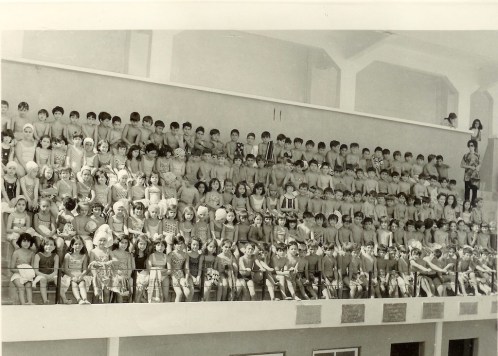
Heavy water, for me, was cold. We 10 year-olds had a few escapes in spring through autumn (fall), some with permission, some not. At 25m, there was a boom, an open-air pool divider suspended from the sides of the tank. Go down just over a metre and you could swim under the structure and find yourself under a bridge in slightly warmer waters, swimming with beetles and other insects that had come a cropper. Unseen, you might skip a couple of lengths (or more) and you learned what 30 to 40 seconds felt like in a still, blind and clock-free world until your lane mates were back at the wall.
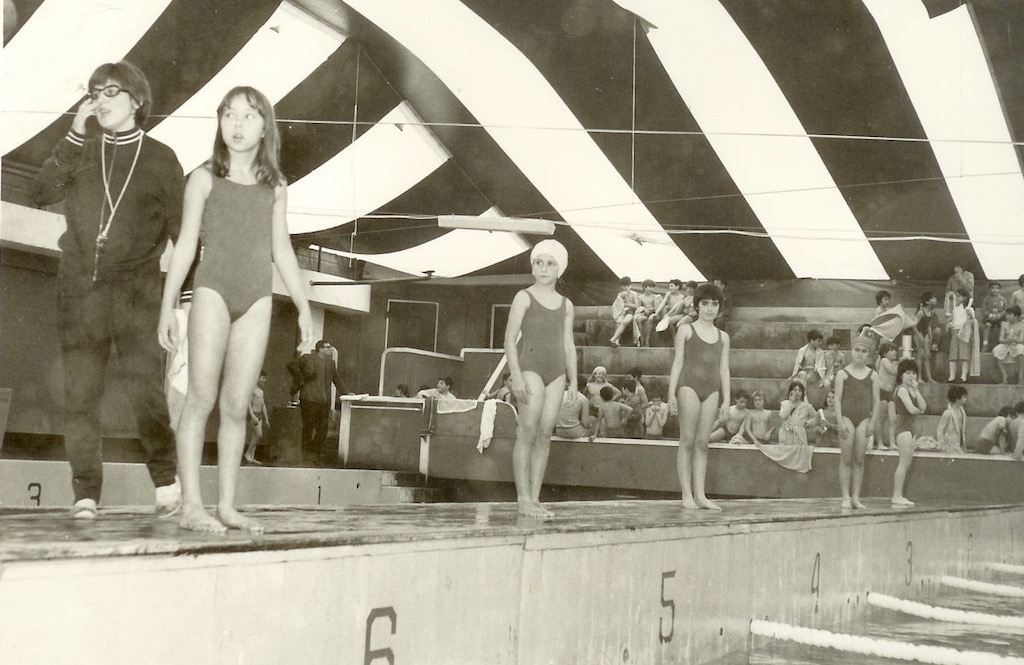
In winter, the pool got covered by a giant balloon of tarpaulin-like material for a roof, kept in place by tethers and warm air. In spring, when the balloon was floated off and packed away (we often lost a few days of pool training at shift of seasons) and the sun had not been warm long enough to help the ailing plant, the water felt like ice.
The coaches would give us incentives: after the next set, you all get 10 minutes on the “bancadas”, the concrete stands that stretched heavenward on all sides of the pool, rounded at each corner. The place was a sun trap, the concrete in spring, warm to the touch and a relief from the big chill; in summer it burned your skin off if you forgot to put your towel down first.
A Visit Down Memory Lane At Algés ...
A form of this feature was first published in 2020 when there was less swimming to write about as the Covid pandemic set in. We lift it out of the archive on what is a special date in Portugal, a day 51 years ago on which our swim team at Algés turned up for 5.30am training to find the pool closed; a revolution was underway.
